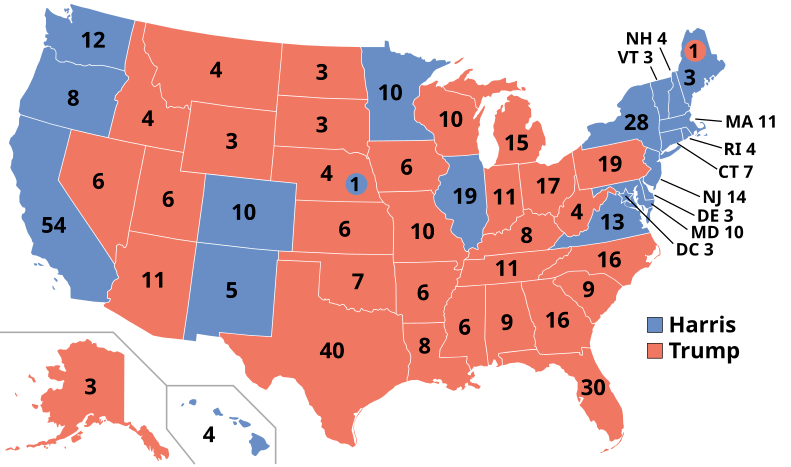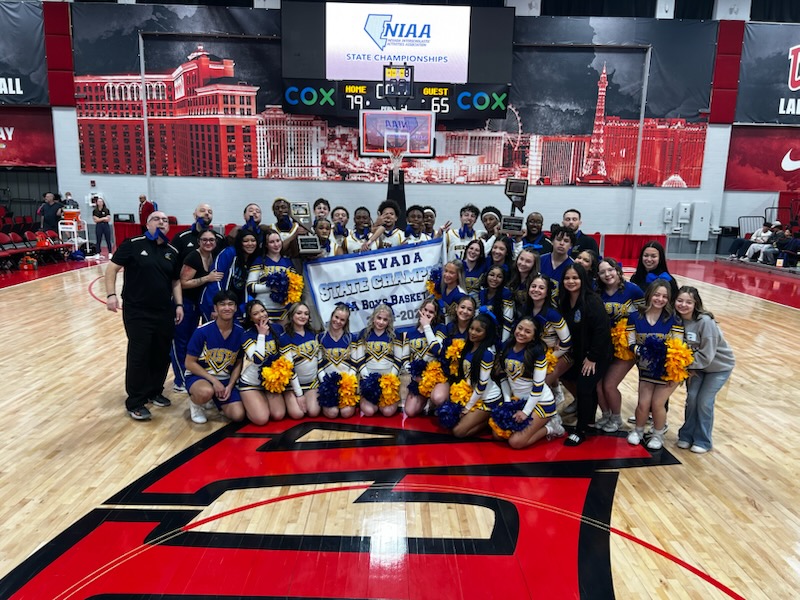Advanced Placement over Honors classes
March 2, 2022
College is creeping around the corner, and high school students must prepare for the rigorous courses they will take in order to earn their degree. As Advanced Placement students get a head start on college courses that are designed and approved by the College Board, a student should think twice before picking honors over an AP class.
Like a trophy collecting dust on the shelf, it is convincing to believe that honors classes are the most beneficial. As honors may gloss a transcript, they do not serve the same benefits that AP provides.
A major concern for students is getting into their dream college. To lessen that fear, students need to know that an AP class enhances a student’s transcript by proving that the student truly aims to strive beyond the average student.
“When students are applying to college, having AP courses on their transcript gives admissions offices a good idea of how well a student will do in college,” ”quoted Vista’s Assistant Principal over curriculum, Sara Smith. While honors may raise a student’s GPA, AP classes raise a higher GPA. An example is that an “A” in a regular class earns a 4.0, an A in an honors class earns a
4.25, and an “A” in AP earns a 4.5.
“Students who pass the AP test at the end of the year can earn college credits for those classes, depending on the policies of the college they attend,” Smith added. For those who want to attend Ivy League colleges, AP classes may be a requirement to getting into colleges such as Harvard, Yale, and Columbia.
Kathleen Fick, a veteran AP teacher and reader on the exams, stresses, “student’s need to research what score their college requires to earn college credit.” In the past, UNLV required a 4 on the AP Language and Composition exam but three years ago, it dropped to a 3. Schools like Princeton and MIT, do not waive classes for AP exam scores, ‘the expectation and admission requirement is to earn a perfect 5 on the exam.’ Additionally, students taking the “dual credit” route need to make sure that their college is a part of the Western Undergraduate Exchange (www.wiche.edu) before taking such classes.
If more students considered taking AP classes, they would be amazed by how much time and money they are saving. College Board publicizes that AP students save money in tuition, allowing them to focus more on what they might want to major in. An AP exam costs only about $96 and is heavily discounted for students that request it. College Board also states that some students graduate from college early because of the credits they earn in high school through AP. The thought of taking college courses in high school sounds daunting. However, if students want to succeed beyond expectations they must be challenged by obstacles that appear frightening.
“AP classes can seem scary but we have great teachers that want to help you succeed,” encouraged Smith.































